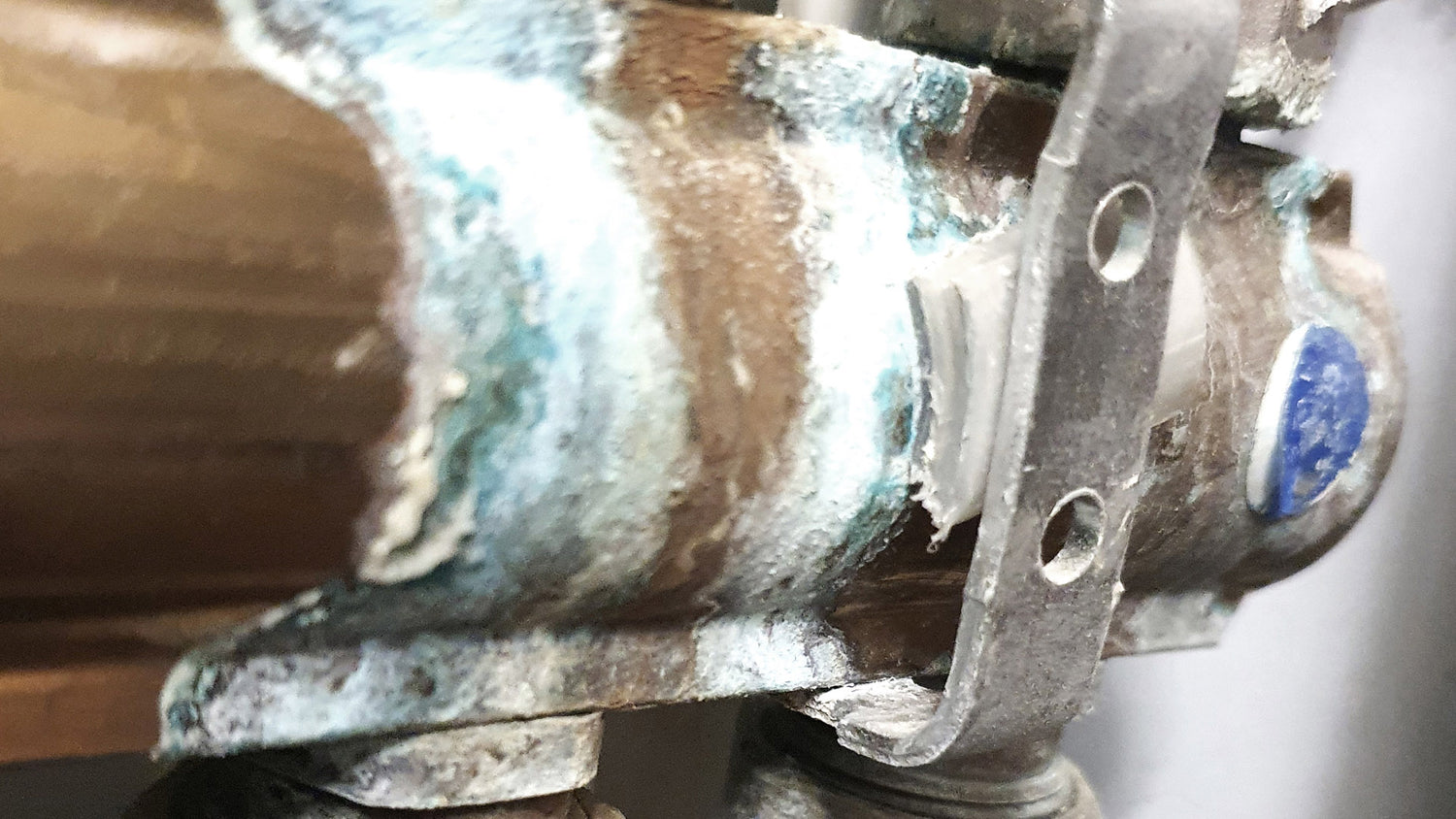A central heating system is a heat generation and distribution unit of a building. In the system, the production of heat occurs at one point while distribution is carried by ducts and a piping network in a building. Possible heat carriers are air, steam, or water, while water being the most common. Majority of central heating owners use water which is readily available in their premises. Most common it is hard tap water, sometimes it is softened water. In some cases, the owners even get demineralized water to fill the central heating system, because someone told them it will help to avoid damage to the heating system.
In fact, regardless of water purification level, either water is detrimental to heating systems. Tap water contains hardness ions which will form limescale on heat exchangers thus reducing thermal energy transfer efficiency. This eventually, will cause significantly higher fuel demand and carryover of heating equipment. Despite scaling problems, tap water is also corrosive. Corrosion will cause central heating components to break down resulting in costly repair and uncomfortable downtime. Moreover, generated corrosion products will hinder work of the pump and settle in poor circulation zones of a heating system like in radiators causing cold spots. Although softened and demineralized water will not result in limescale formation, the corrosion in these waters will be significantly faster.
All these problems can be simply handled by the application of water treatment chemicals like ReDiant Cleaner C5 and ReDiant Protector H7. These products help to remove existing residues that accumulated in a central heating system and then nearly stop the corrosion and scaling process to prevent the further formation of the residues.




